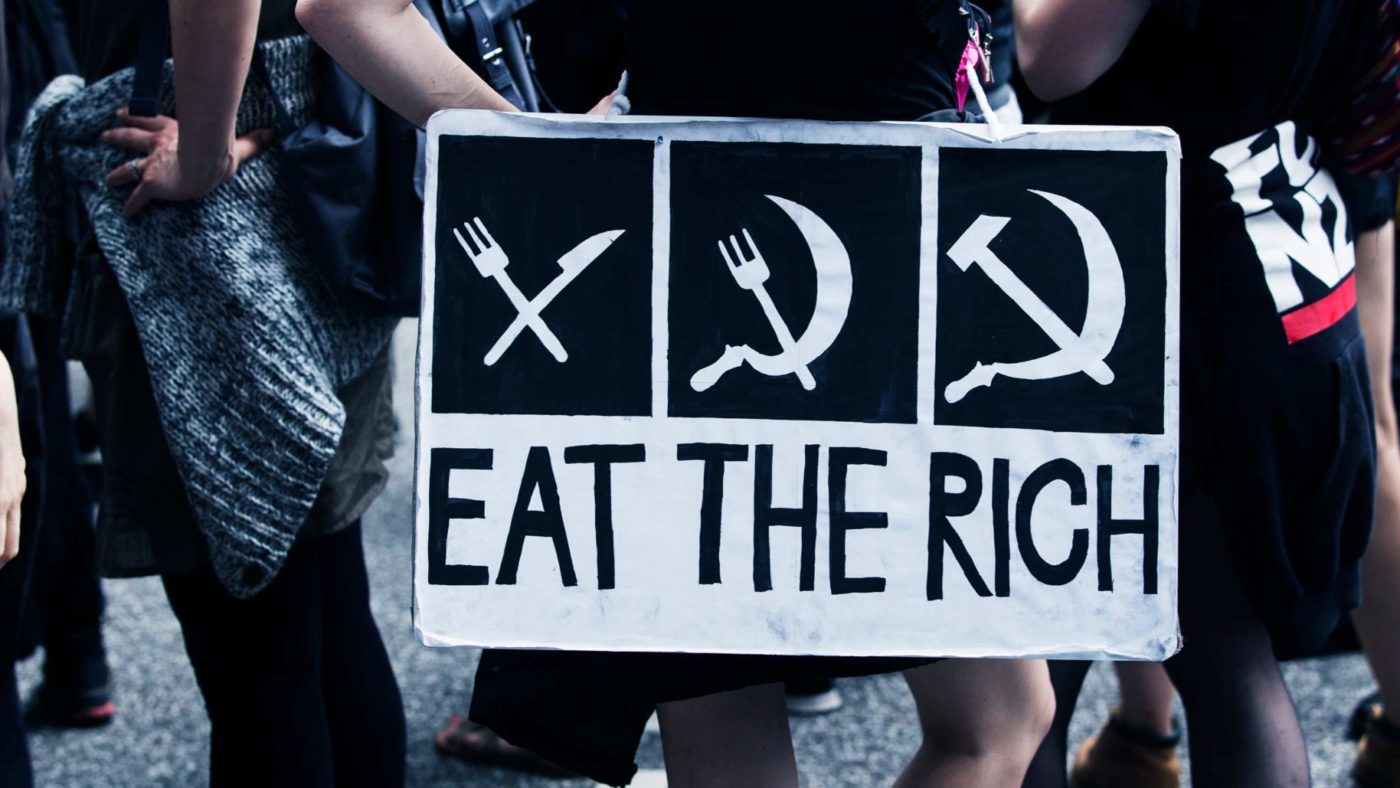“Zero-sum beliefs” are the basis of all socialist ideologies. An Ipsos MORI poll with more than 1,000 respondents in the United States, Germany, France and the UK shows just how prevalent they still are.
One of the survey questions was: “To what extent do you agree or disagree with the following statement: ‘The more the rich have, the less there is for the poor.’?” Responses to this statement provide an indication of interviewees’ tendency to support “zero-sum beliefs,” which regard economics in terms of one person’s loss being another person’s gain.
In the US, 34% of interviewees agreed with the above statement, 40% disagreed and 26% were undecided or did not provide an answer. The study used a series of statements and questions to determine which groups in society are particularly prone to social envy. It demonstrates a clear link between zero-sum beliefs and social envy. Of the more than 1,000 surveyed Americans, 67% of those who are prone to social envy also subscribe to zero-sum beliefs, while of those Americans who exhibit little or no social envy, only 18% adhere to zero-sum beliefs.
While the majority of Americans dismiss such zero-sum beliefs, there are significant variations in the responses of young and older Americans. Zero-sum beliefs are rejected by a clear majority of older Americans, in sharp contrast to the large majority of younger Americans who believe that there can be no winners without there also being losers.
Of Americans aged 30 and under, 45% agree with the statement “The more the rich have, the less there is for the poor,” whereas the approval rate among Americans over the age of 60 is only 24%. Conversely, 53% of older Americans and only 29% of younger Americans reject this zero-sum view of the world.
The situation is very different in other countries, as the study reveals. In the UK, for instance, younger interviewees are also more inclined to zero-sum beliefs than older interviewees, although the difference is much smaller than in the US. In Germany, on the other hand, there is no difference between younger and older interviewees. Finally, in France, older interviewees hold much stronger zero-sum beliefs than younger interviewees.
A Poem From Bertolt Brecht
Zero-sum beliefs are the basis of socialist ideologies. Bertolt Brecht concisely expressed this attitude in his 1934 poem “Alfabet,” in which two men — one rich, one poor — come face-to-face:
Said the poor man with a twitch:
Were I not poor, you wouldn’t be rich.
This is how many anti-capitalists understand economic life. Accordingly, rich countries should give some of their wealth to poor countries, and rich people should donate aid to the poor. From this point of view, it is only because the rich are so selfish and mean-spirited that so many people are still poor.
It is obvious that zero-sum beliefs are a crucial basis for envy and resentment against rich people. Logically, if someone believes that any increase in the wealth of the rich is automatically linked to losses for the non-rich, they will perceive the fight against poverty as synonymous with the fight against the rich and in favour of redistribution.
Click here to subscribe to our daily briefing – the best pieces from CapX and across the web.
CapX depends on the generosity of its readers. If you value what we do, please consider making a donation.



